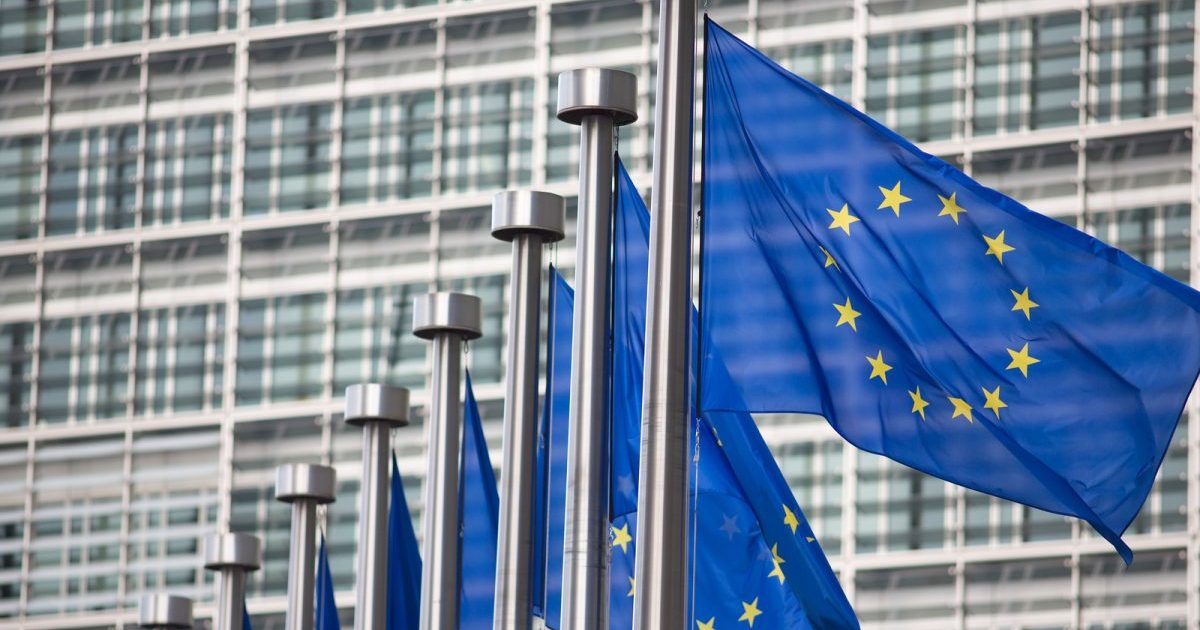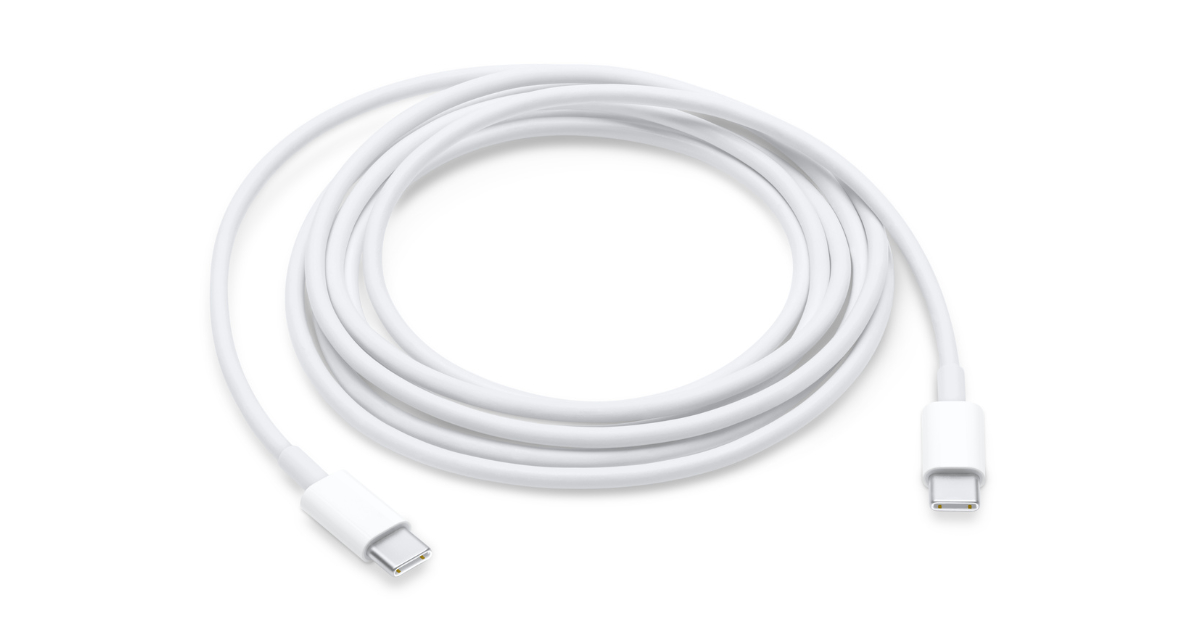The European Commission has introduced legislation that would force mobile phone vendors to sell their products with a single standard USB-C port. This means that Apple would be required to remove its proprietary Lightning port from all iPhones, iPads, and AirPods in place of USB-C in Europe.

Apple could be forced to use USB-C ports in all iPhones, iPads, and AirPods in Europe
The directive would establish a common charger for mobile phones, tablets, cameras, and other electronic devices within the 27-nation bloc. The move is expected to have the biggest impact on the Cupertino tech giant since many Android devices already feature USB-C connectivity.
Several years ago, the European Commission tried to reach a final verdict on the issue but it failed to materialize. At the time, the Cupertino tech giant warned the EU against the move saying that forcing a common charging port on the industry would create a significant amount of electronic waste as it would require consumers to switch to new cables.
A study in 2019 found that mobile devices in the EU came with three charging options. Half of the devices had a micro-USB connector, 29% had a USB-C port, and 21% were iPhones with Lightning connectors. The study also suggested five options for a common charger with options that cover ports on devices and ports on power adapters.

The draft legislation also proposed that chargers should be sold separately from electronic devices in an effort to reduce electronic waste, a move that the Cupertino tech giant started with iPhone 12 and Apple Watch Series 6 retail boxes last year.
In a statement shared with Reuters, Apple said “We remain concerned that strict regulation mandating just one type of connector stifles innovation rather than encouraging it, which in turn will harm consumers in Europe and around the world.”
The directive now needs to be approved by EU Parliament and national governments, before it can come into law. The European Commission hopes that this will happen by 2022. After which, companies will have two years to transition to USB-C on their devices.
via Reuters
Read more:
1 comment